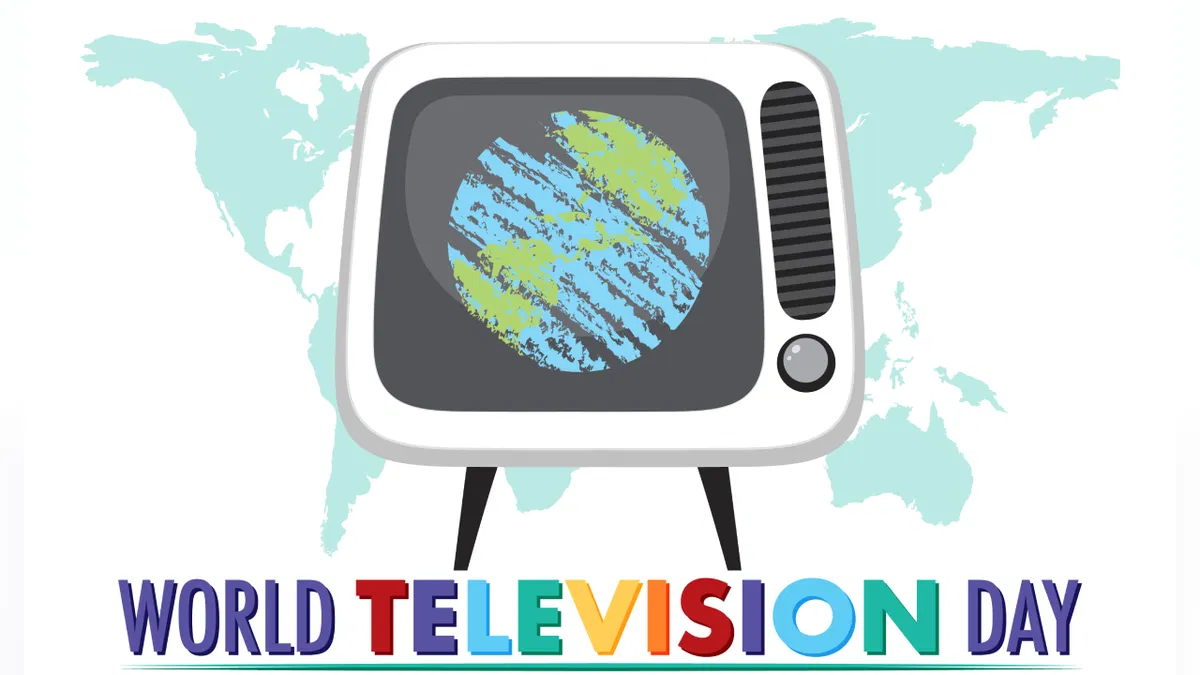For most of us, television isn’t just an appliance—it’s a companion. It’s been there in the background of our childhood homes, our late-night study breaks, our family gatherings, and even our quietest, loneliest evenings. It has shaped how we see the world, how we react to it, and how we remember the moments that matter. Long before endless apps and infinite scrolling, TV was the storyteller that held our attention, taught us lessons, and brought the world closer than we ever imagined.
Think about it: some of the biggest moments in history unfolded right in front of us on a glowing screen. Wars we never fought, victories we didn’t play for, revolutions we didn’t witness firsthand—television delivered all of it into our living rooms. For many, the first moon landing wasn’t just a distant event; it felt like standing on the edge of the universe with Neil Armstrong. Sporting wins brought entire neighbourhoods onto the streets. Breaking news made faraway tragedies feel heartbreakingly real. Television turned global events into shared memories, etched forever into our collective consciousness.

But beyond world-changing events, TV has also done something deeply powerful—it has given a voice to those who were once unheard. For communities overlooked or misunderstood, television became a microphone. Through documentaries, interviews, news stories, and even fictional shows, it brought forward lives and struggles that had long been ignored. It helped viewers empathize, understand, and question. It taught us to pay attention. And sometimes, it even sparked real change.
Its role in education has been nothing short of revolutionary. Long before online classes and digital learning platforms, children across the world learned maths from animated characters, discovered science through experiments on kids’ shows, and explored distant places through travel programmes. Even today, television remains one of the most accessible teachers. During the pandemic, when schools shut down, countless homes relied on educational broadcasts to keep learning alive. For many children, TV wasn’t just entertainment—it was a lifeline to knowledge.
In a time when misinformation spreads faster than facts, television also has the power to steady us. When used responsibly, it can be a shield against confusion and falsehood. Credible newsrooms, trustworthy anchors, and investigative journalists help audiences separate truth from noise. In a world overflowing with content, television—at its best—remains a guide, a filter, and a source people can lean on.



